Tucked away in a quiet village on the outskirts of Karatina, Nyeri County, lies Ndima Kanini Academy, a school that has become a shining example of how green solutions can power education into the future.
With more than 1,349 learners, including about 700 boarders, the learning institution has long been recognised in the region for its academic prowess.
But today, it is also making headlines for something else: how it has embraced clean energy courtesy of KCB Bank’s Clean Energy Schools Project.
On a recent visit to the learning institution organised by the financial institution, we got a firsthand look at how the school is using solar power to transform the way it operates.
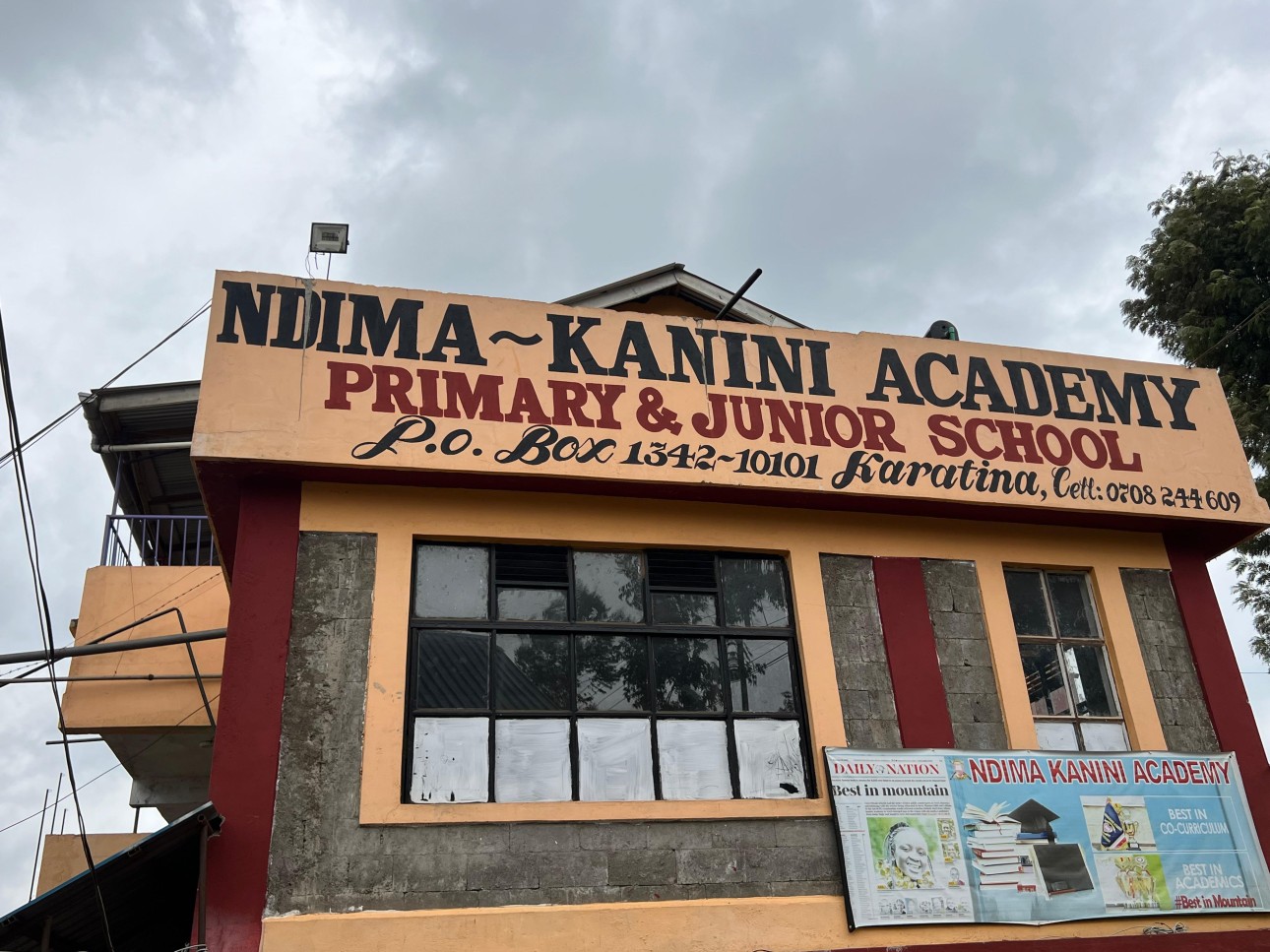
Read More
Spread across four acres of land, the school now boasts a solar-powered borehole, lighting systems, and cooking facilities all made possible through the custom-made green financing.
“We procured 15 solar panels under the KCB Clean Energy School Project, had them installed, and now we can power the water system, light up the school, and even support cooking,” an elated Lincoln Njogu, the Director of Ndima Kanini Academy, shared with us.
.jpg)
Through the project, explained he explained, KCB Bank has enabled the institution to considerably cut power and water pumping costs and ensure learners continue with their day and night studies uninterrupted.
However, the significant project targeting learning institutions goes beyond merely reducing electricity bills, it tackles one of Kenya’s biggest environmental challenges: deforestation.
More than 90 per cent of schools in Kenya still rely on firewood for cooking and heating, a practice that consumes at least 1.3 million metric tons of wood annually, valued at a whopping Sh20 billion.
According to Tim Bett, KCB Karatina Acting Manager, the education sector alone accounts for more than 10 million trees cut every year to fuel school kitchens making schools a key driver of deforestation.
“Under the green financing or clean energy solutions, we have the solar financing, we do the biogas solutions, as well as LPG financing,” Bett elucidated.
“So, with Ndima Kanini, we have walked with them on a journey of purely solar financing project for the last two months as a partner.”
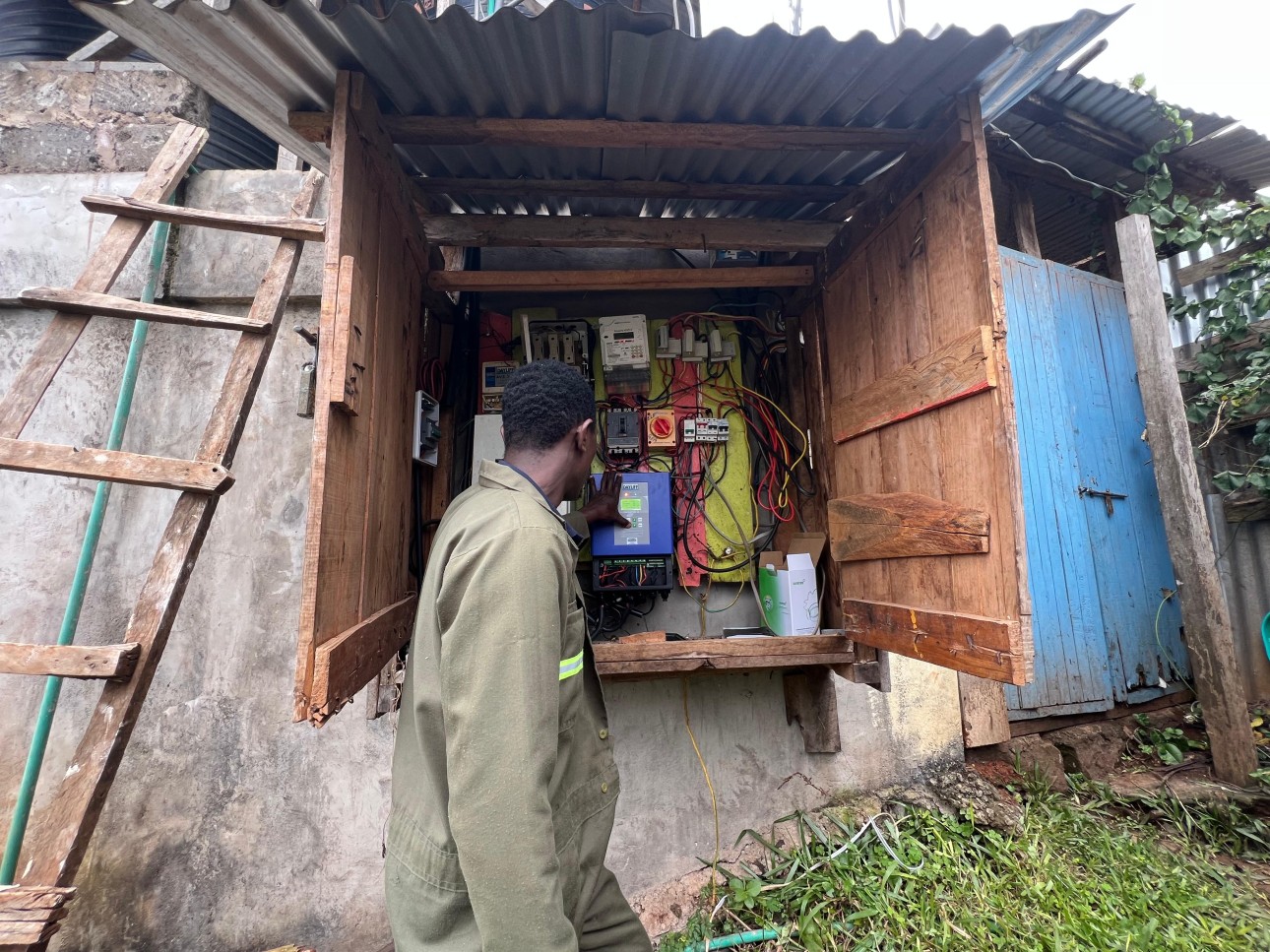
The consequences of firewood reliance are dire; from increased carbon emissions and climate change to health risks caused by smoke exposure in poorly ventilated kitchens.
Students and staff often bear the brunt of these effects, while schools grapple with high long-term costs for firewood and kitchen operations.
The program by KCB is designed to break this cycle by offering tailored green financing, the bank enables schools to access technologies like solar-powered cooking and lighting systems, steam-based cooking combined with solar energy, LPG solutions for cleaner kitchens, and biogas systems that convert organic waste into energy.
“The borehole is 100 per cent completed but a portion is remaining in the lighting section,” said Bett.
“Ndima Kanini is going to benefit as a school in terms of their electrical and power bills; it is going to be a 100 per cent saving on their power bills.”
This ambitious initiative is part of KCB’s sustainability agenda, aiming to reach thousands of learning institutions countrywide as it seeks to reduce costs for schools and also create a long-term environmental impact by cutting deforestation and greenhouse gas emissions.
.jpg)
Ndima Kanini’s story is a glimpse into what the future of education in Kenya could look like; where students learn in a clean, well-powered environment, schools save money, and the environment gets to breath.
For now, the learners at Ndima Kanini drink clean water, study under reliable lighting, and eat meals cooked without smoke.
And at the heart of it all, solar panels quietly hum away on the school’s rooftops, turning sunlight into a brighter greener tomorrow.

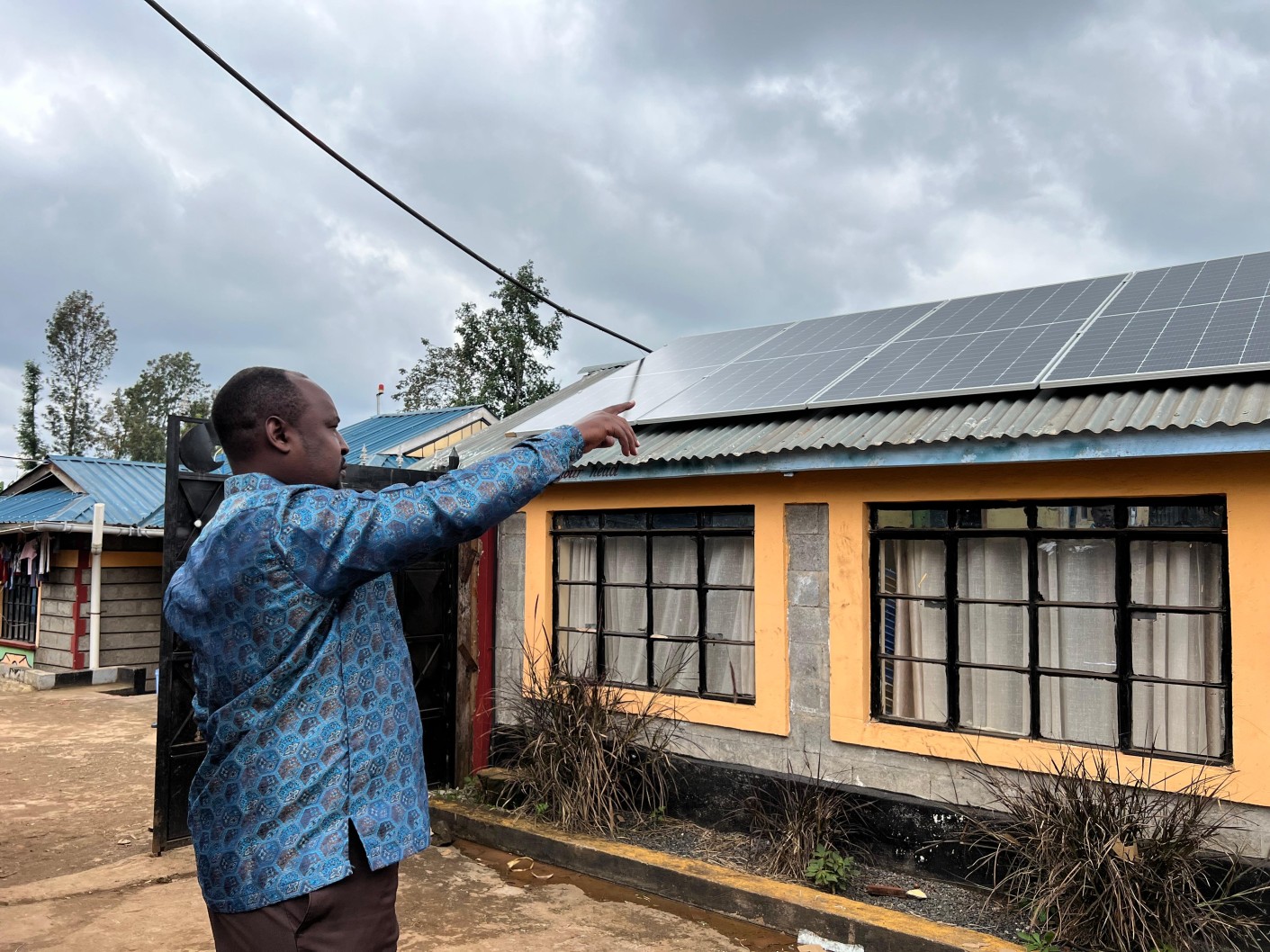
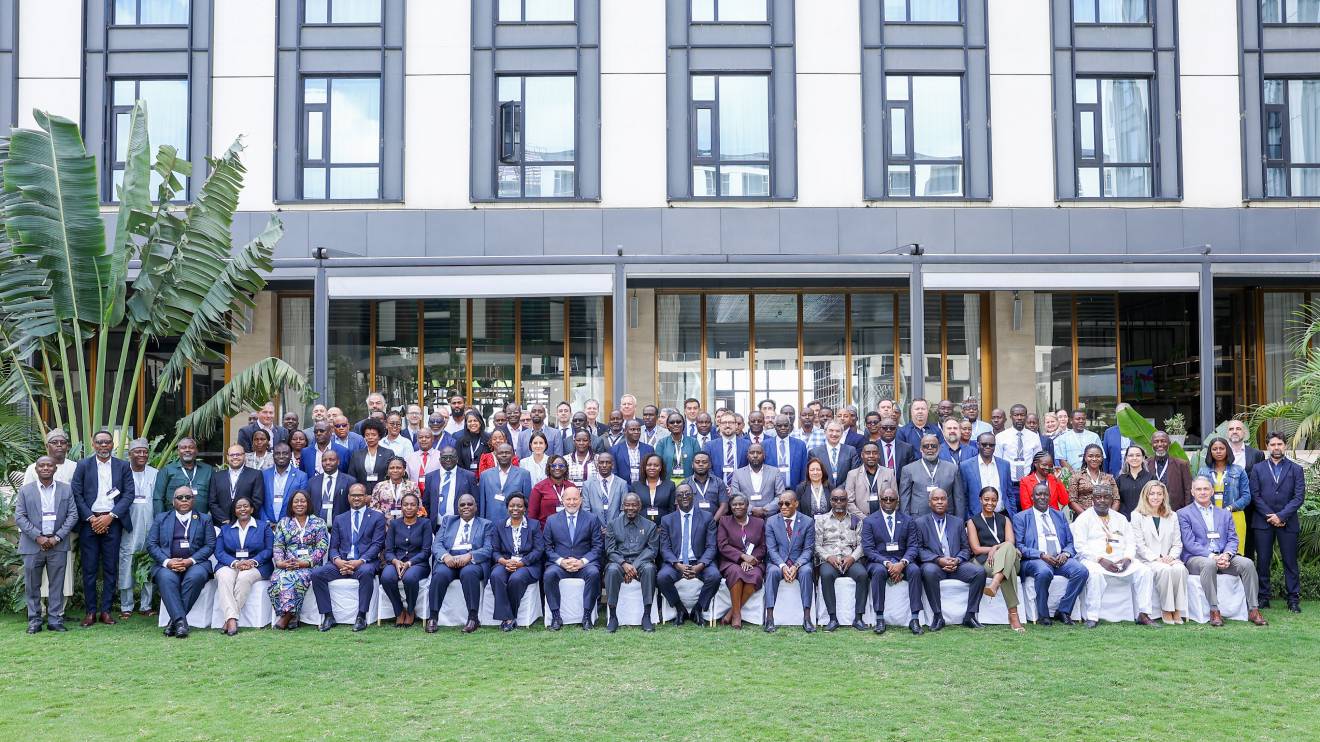
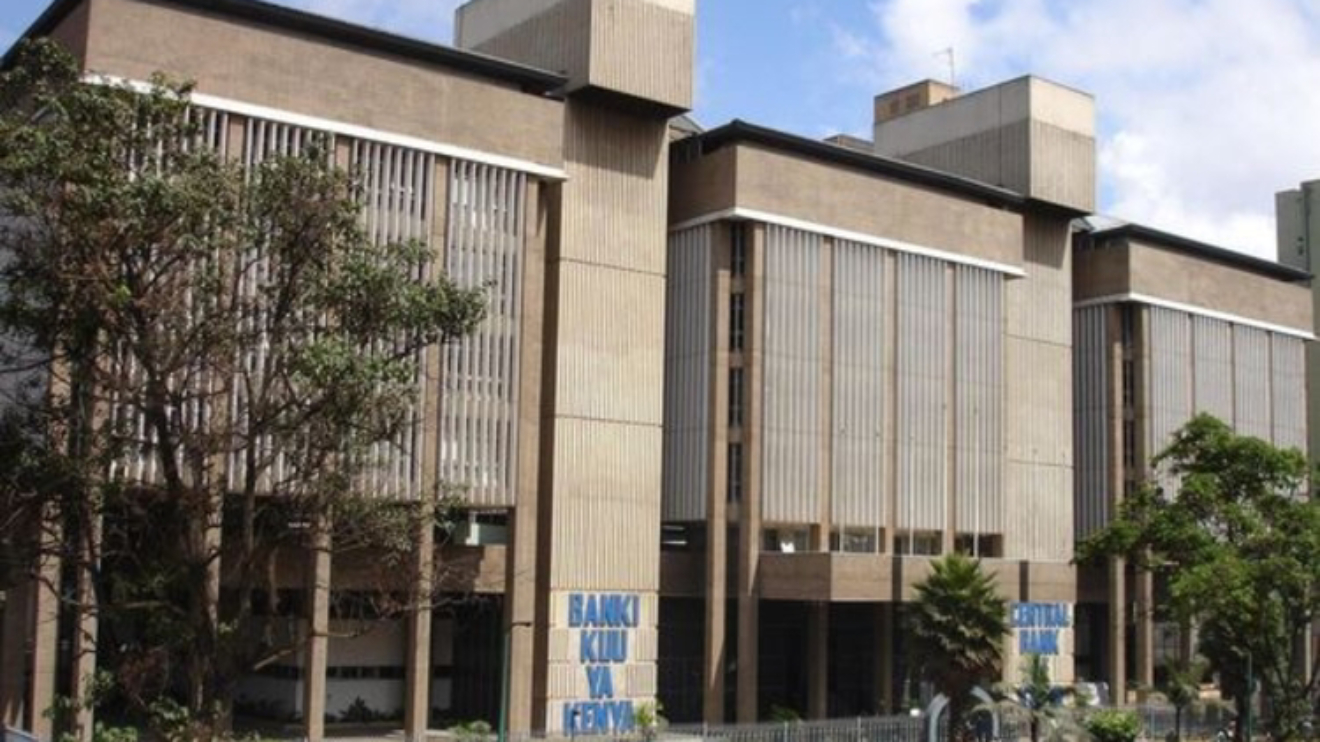
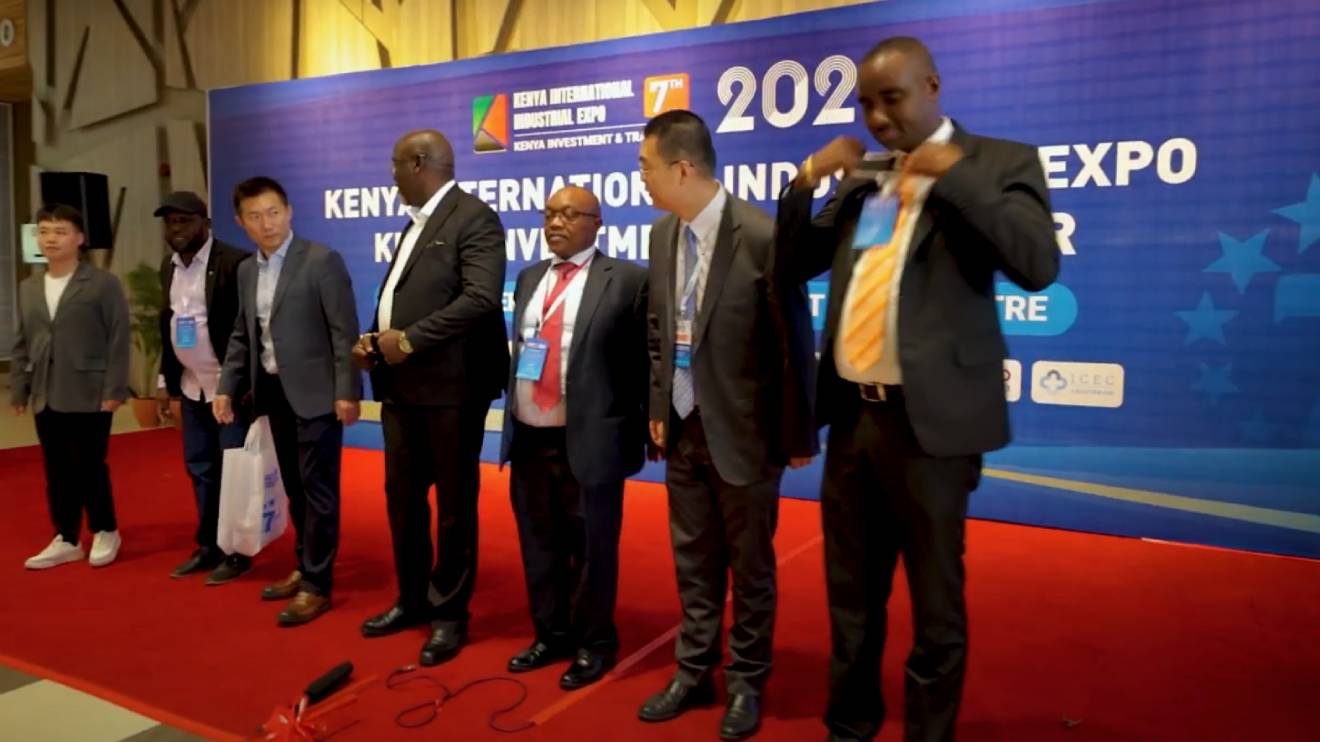
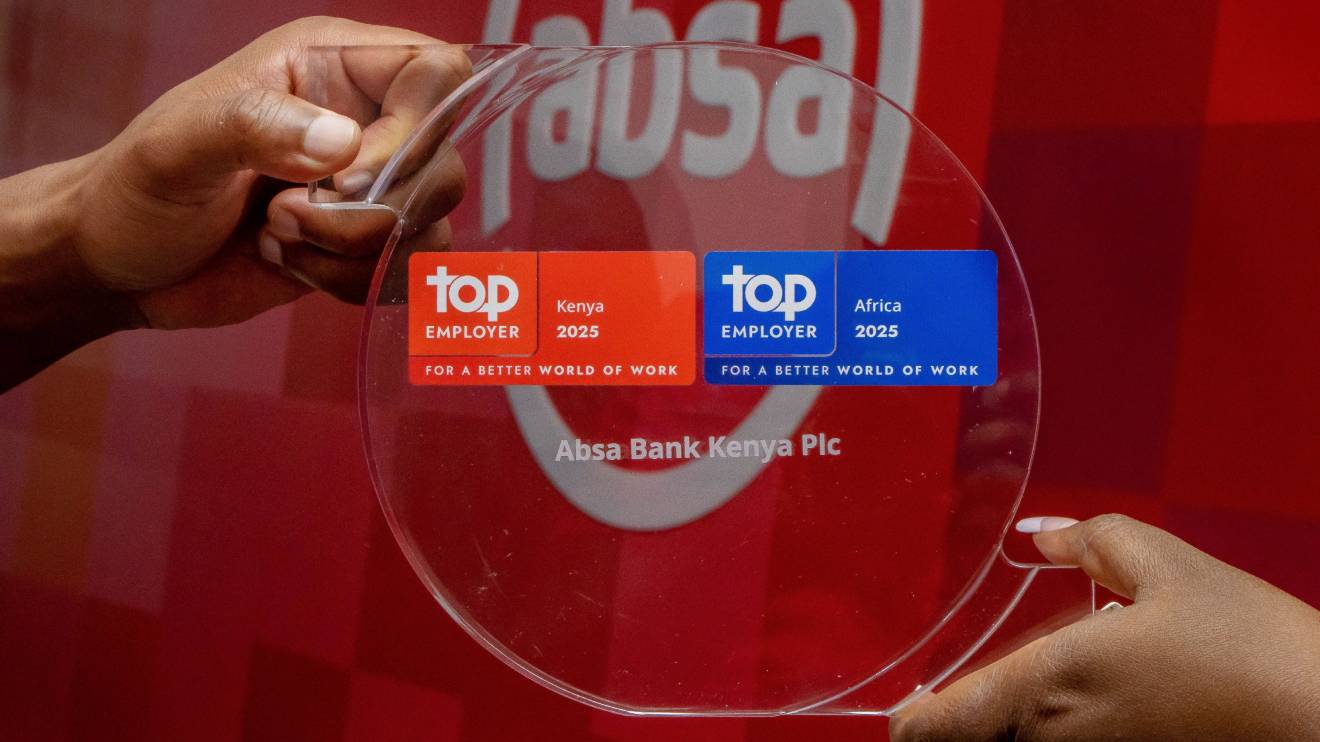
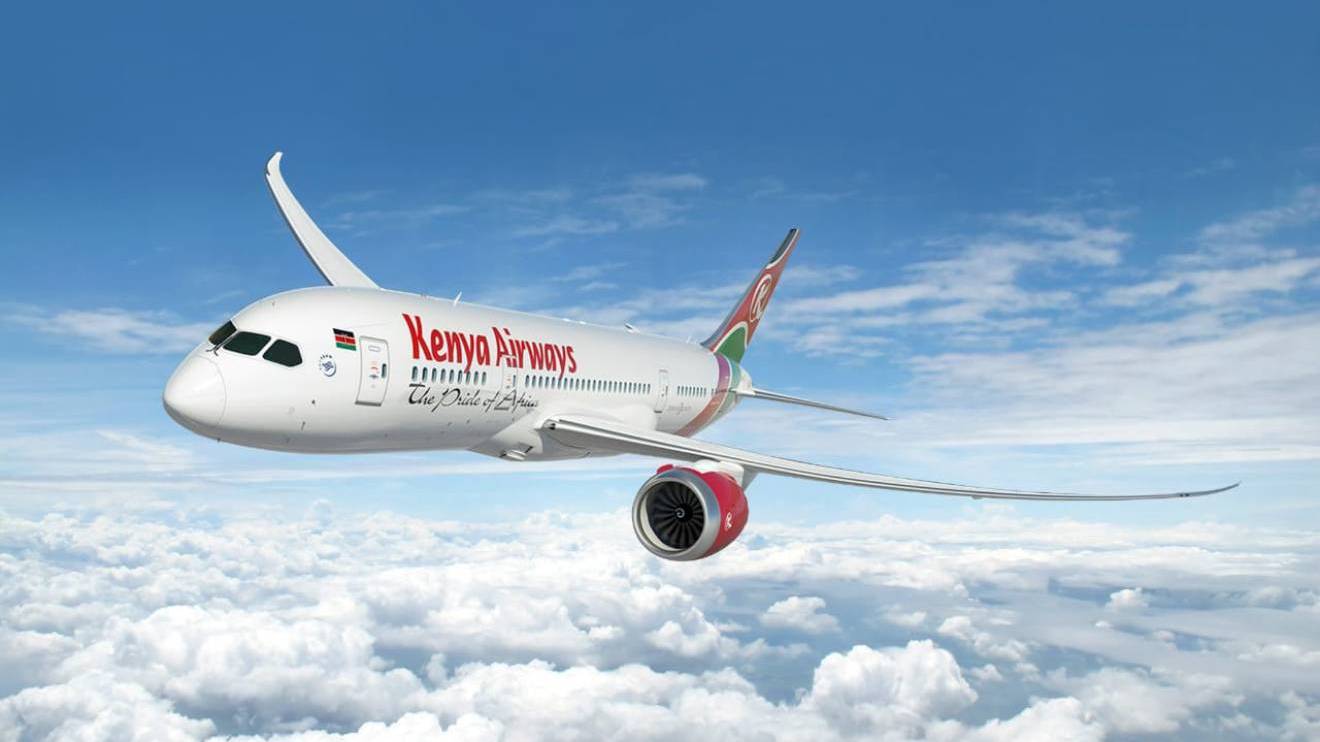
-1756319289.jpg)